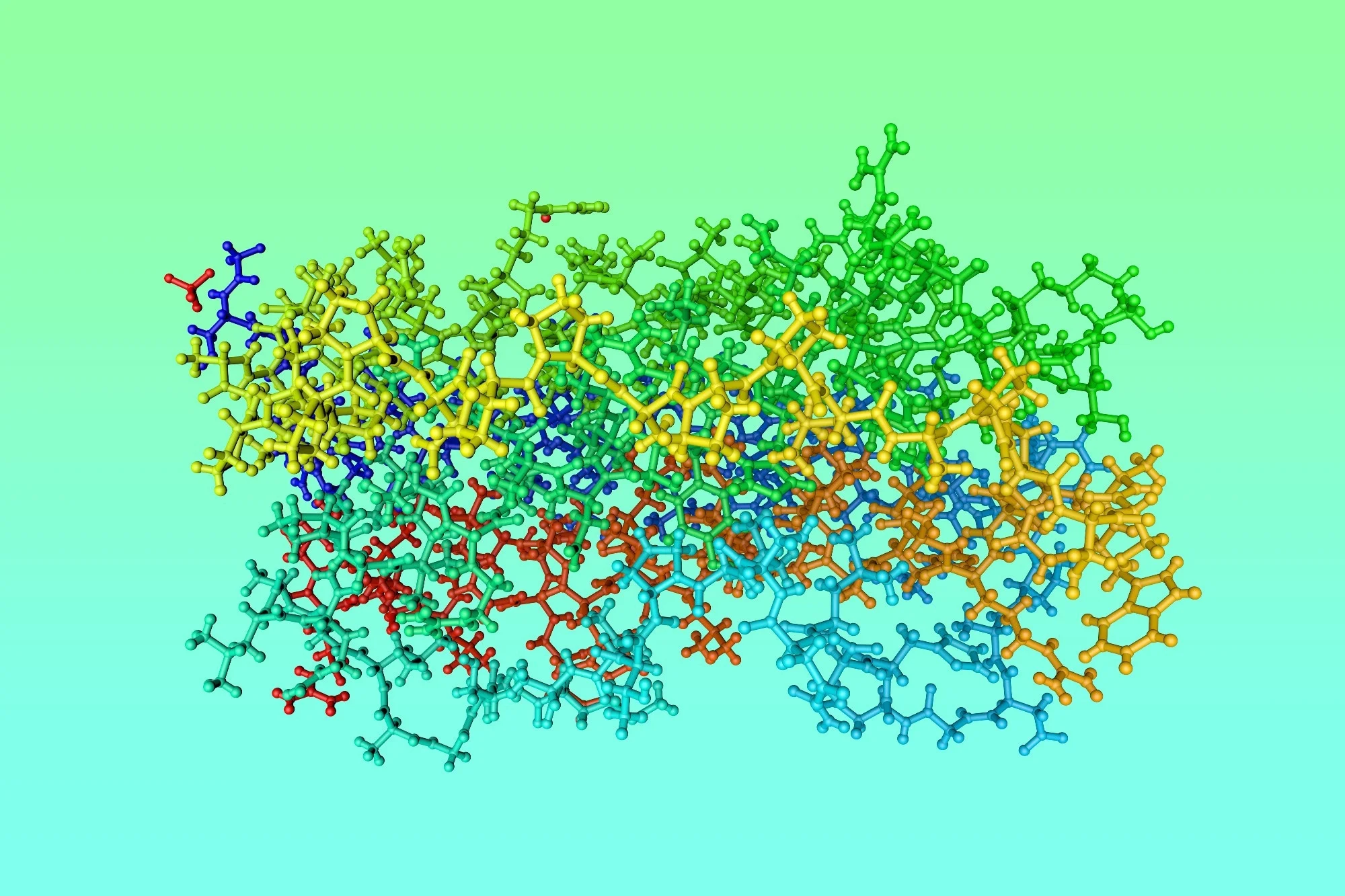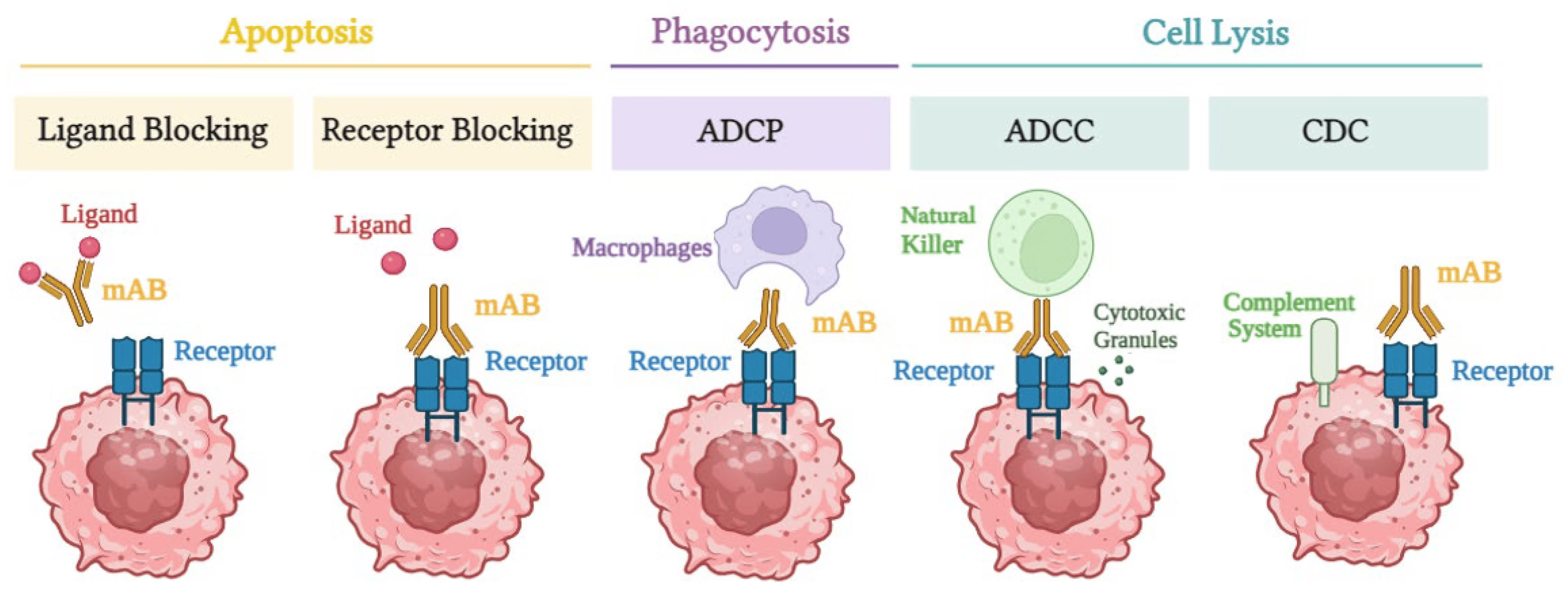Researchers at the Medical Research Council Laboratory of Medical Sciences and Imperial College London, in collaboration with Duke-NUS Medical School in Singapore, have made significant strides in extending the healthy lifespan of mice by targeting a protein called IL-11. Their study, published in Nature, reveals that inhibiting IL-11 can increase the healthy lifespan of mice by nearly 25%, offering promising insights that could potentially translate to human applications.
In their research, scientists created genetically modified mice lacking the gene responsible for producing IL-11 and administered an injection of an anti-IL-11 antibody to 75-week-old mice. This intervention neutralized the harmful effects of IL-11, demonstrating its potential for enhancing longevity.
IL-11 is known to play a role in chronic inflammation, which has been linked to age-related diseases. As organisms age, they accumulate damaged proteins and other molecules, which can impair the immune system and increase susceptibility to infections, cancer, and autoimmune disorders. By inhibiting IL-11, researchers hope to mitigate these effects and promote healthier aging.
The study’s findings suggest that anti-IL-11 therapies could be a viable option for extending human lifespan, though further clinical trials are necessary to confirm their efficacy. Cathy Slack, a researcher at the University of Warwick, highlights the significance of this breakthrough, noting that translating these findings into clinical therapies represents a critical opportunity for advancing the field of aging research.
Anissa Widjaja, a molecular biologist, discovered the connection between IL-11 and aging serendipitously, leading to this promising development. As the field of aging research continues to explore potential interventions, the path to human clinical trials for IL-11 therapies appears more viable than many other rejuvenation approaches.



